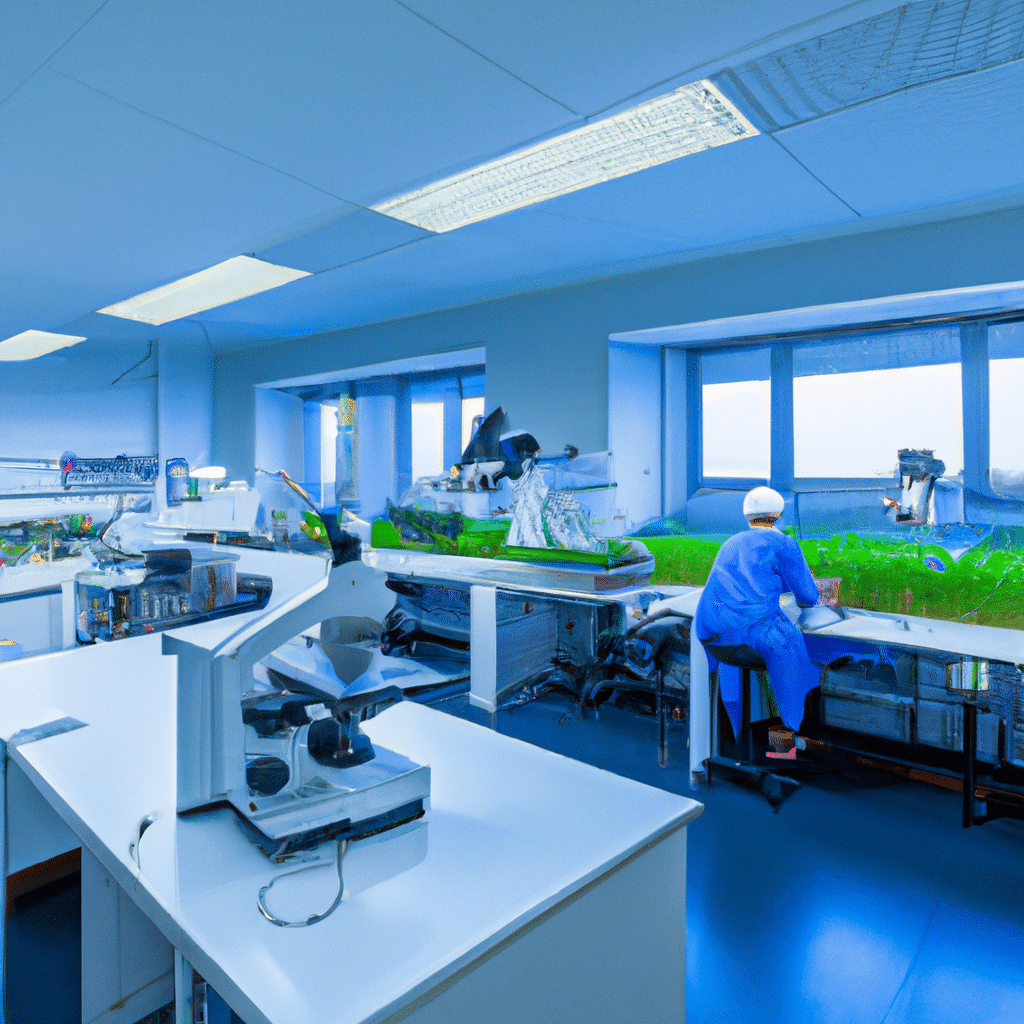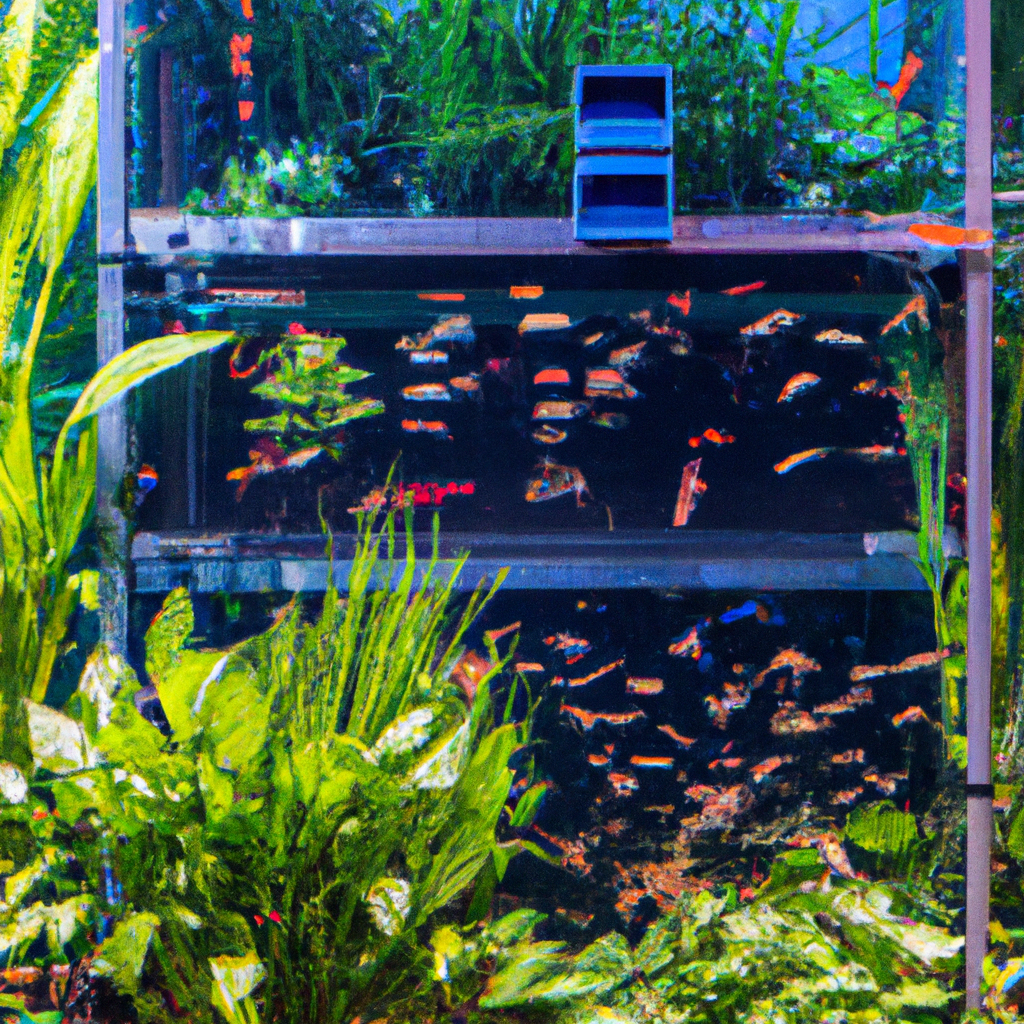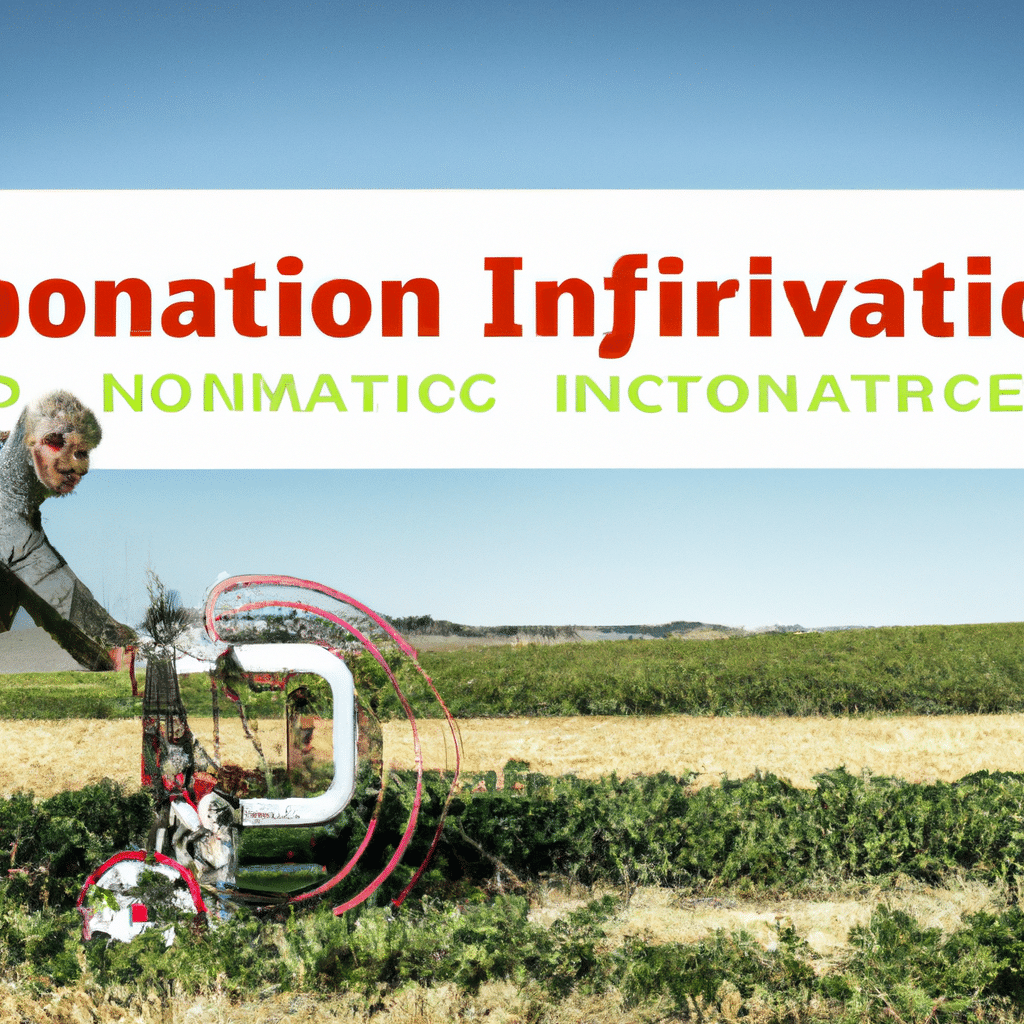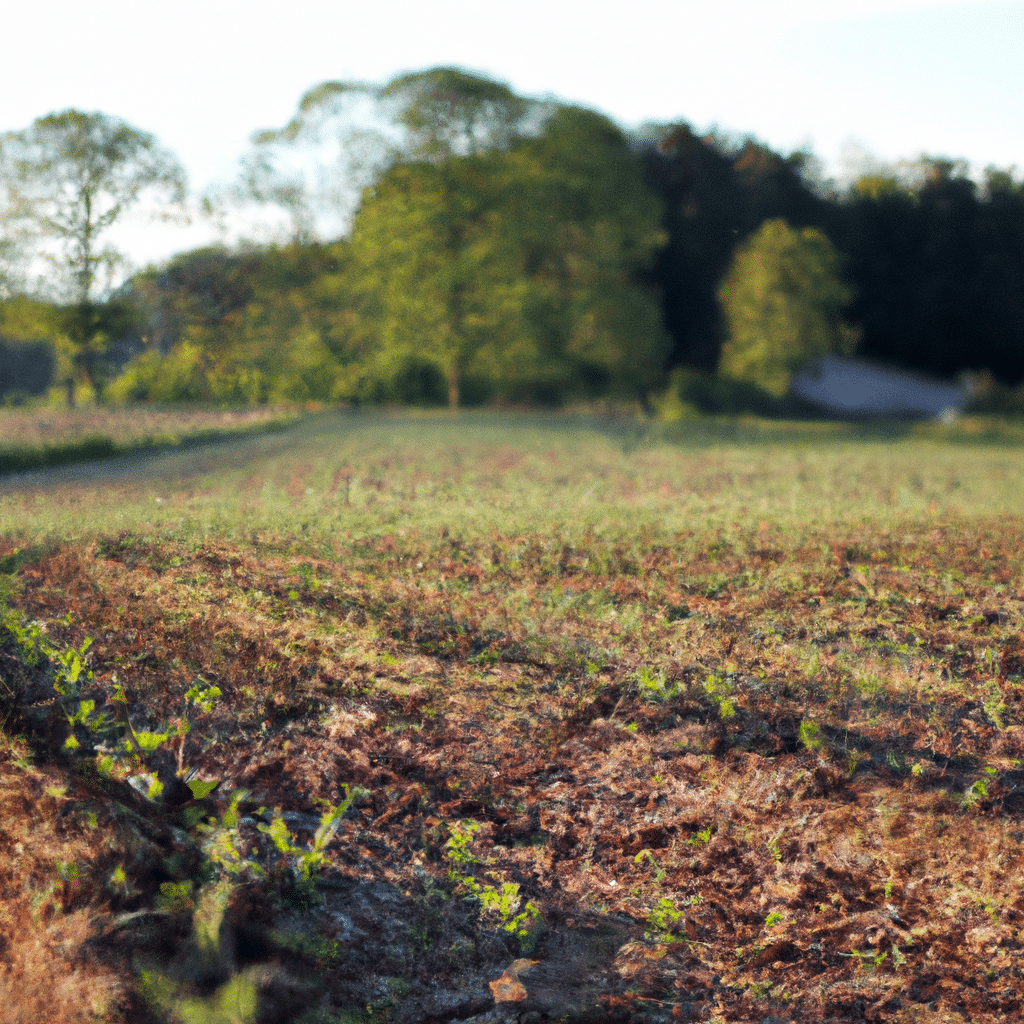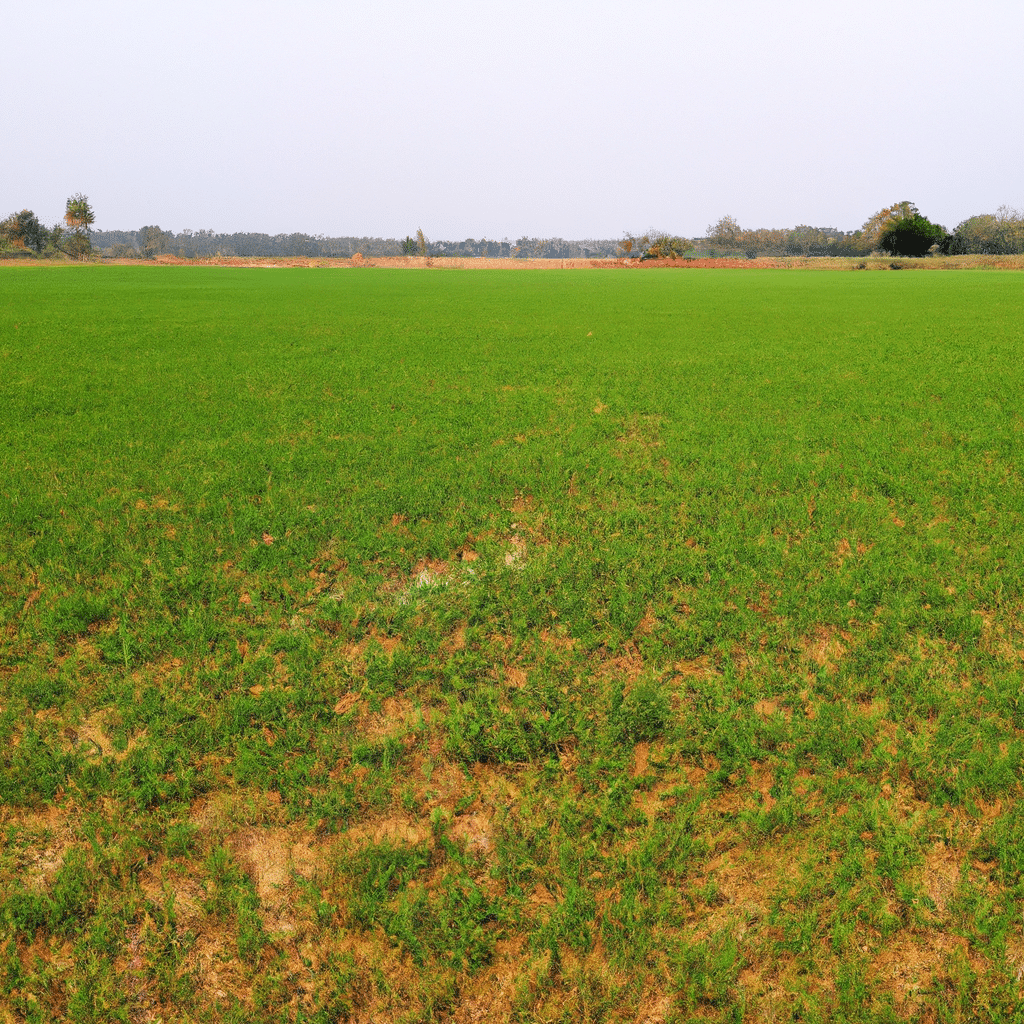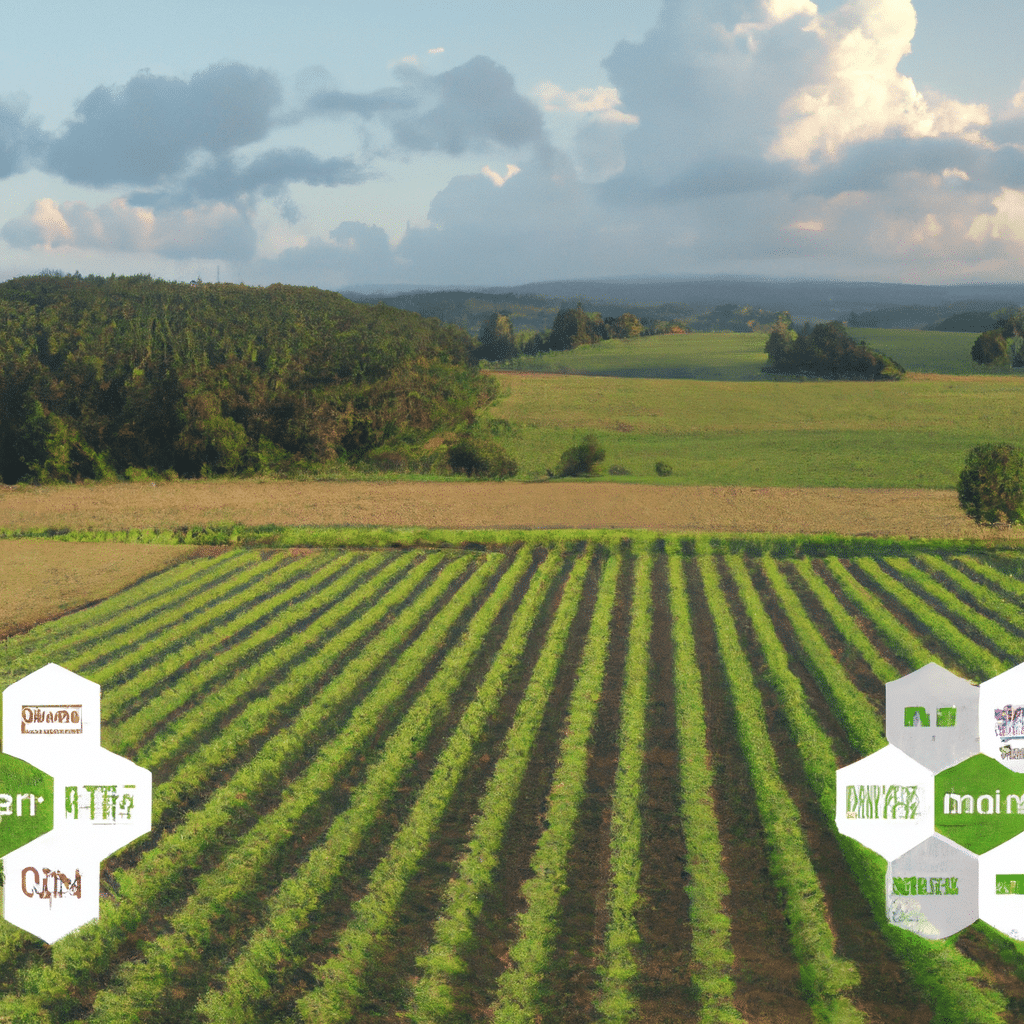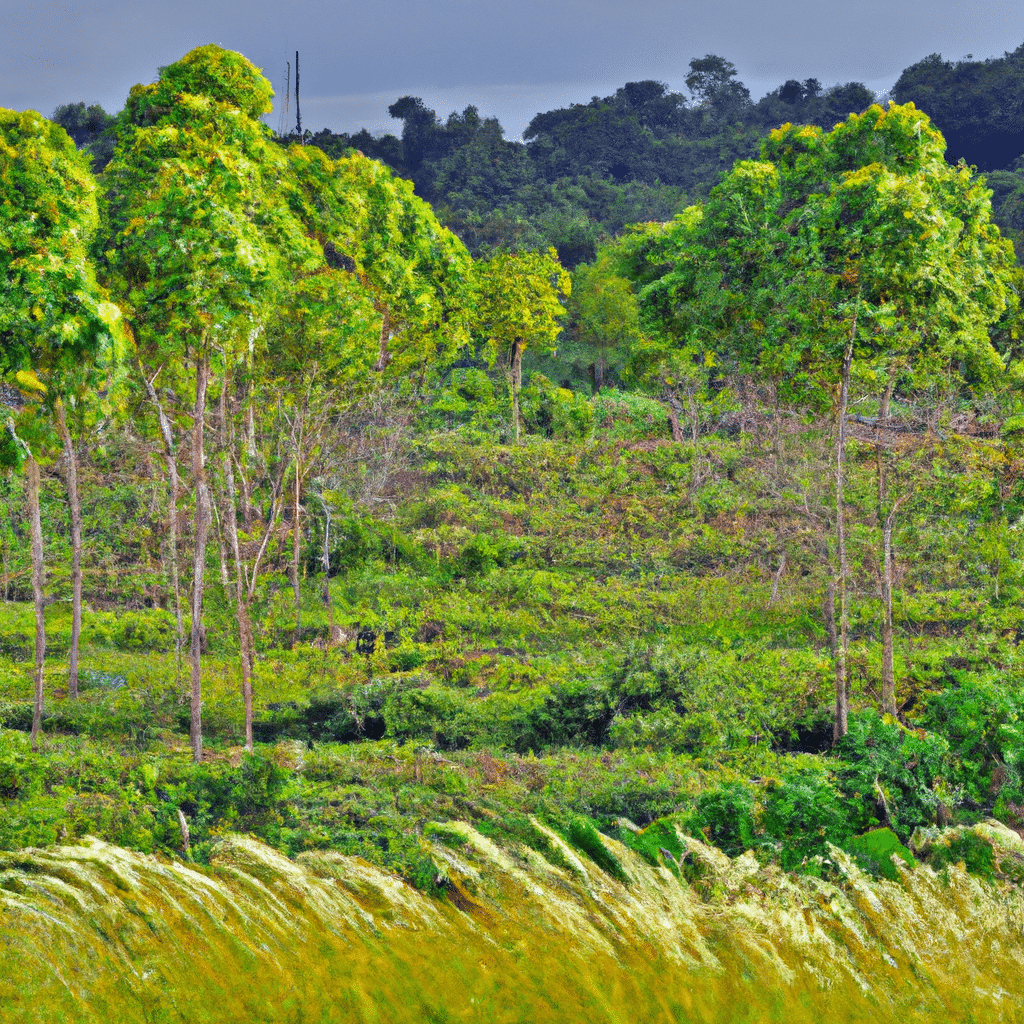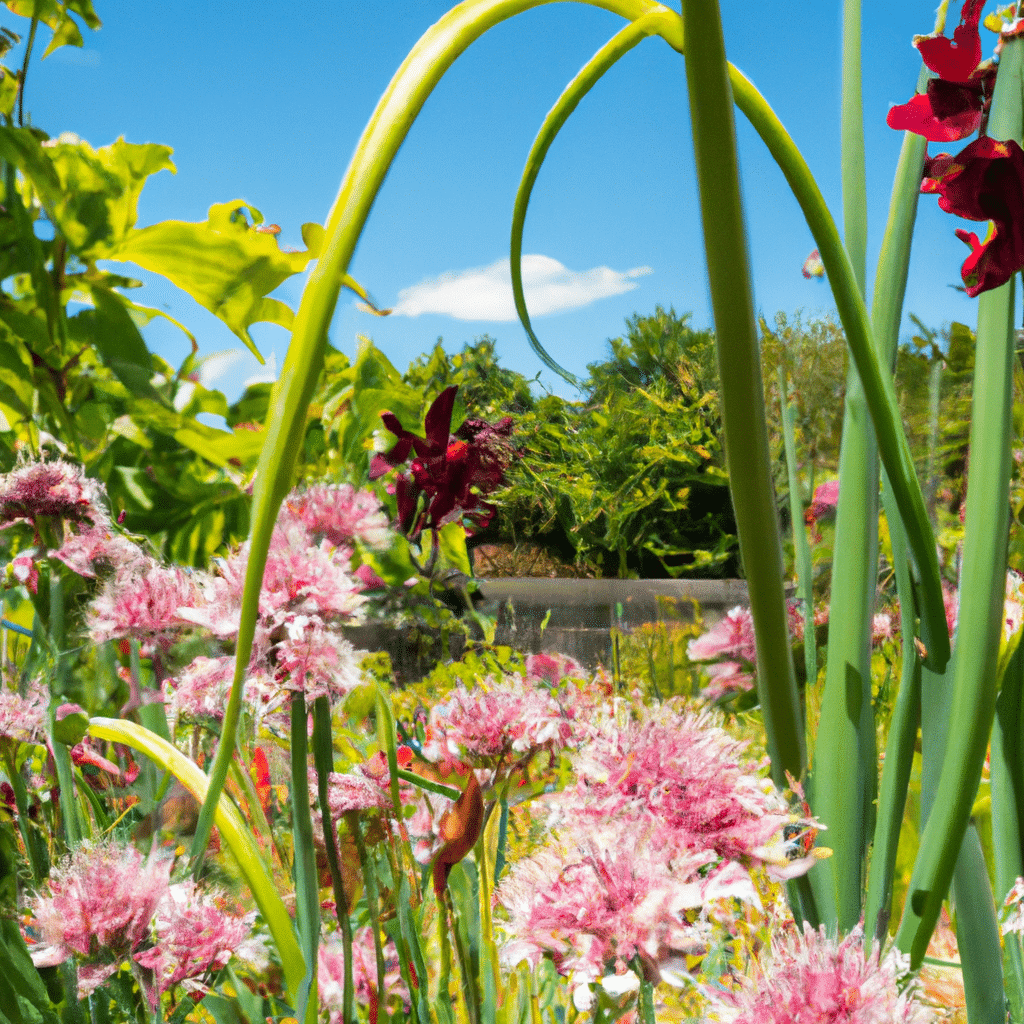In the world of organic farming, finding sustainable and eco-friendly methods to control pests is crucial. Chemical pesticides may provide a temporary solution, but they come with harmful side effects for both the environment and human health. Thankfully, nature has provided us with a natural and effective alternative – beneficial insects. These tiny creatures play a vital role in maintaining the delicate balance of ecosystems and can be harnessed to keep harmful pests in check. In this article, we will explore the fascinating world of beneficial insects and their invaluable contribution to organic farming.
Ladybugs: Nature’s Tiny Warriors
One of the most well-known and beloved beneficial insects in the world of organic farming is the ladybug. These colorful little beetles, with their distinctive black spots, are voracious predators of aphids, mites, and other harmful pests. Ladybugs lay their eggs near aphid-infested plants, and once hatched, the larvae feed on the pests with great enthusiasm. By releasing ladybugs into your garden or farm, you can harness the power of these natural warriors to control aphid populations without the need for chemical pesticides.
Hoverflies: Masters of Mimicry
Hoverflies, often mistaken for bees due to their similar appearance, are another group of beneficial insects that contribute significantly to organic farming. These harmless creatures are effective pollinators, aiding in the reproduction of flowering plants. Moreover, their larvae are formidable predators of aphids, mealybugs, and other soft-bodied pests. Hoverfly larvae are often referred to as “aphid lions” due to their insatiable appetite for these destructive insects. By attracting hoverflies to your farm or garden through the use of nectar-rich flowers, you can ensure a natural and sustainable form of pest control.
Green Lacewings: Silent Assassins
Green lacewings, with their delicate green wings and lacy appearance, are not only beautiful but also highly effective predators of garden pests. Their larvae, known as aphid lions, are voracious eaters of aphids, mealybugs, thrips, and other soft-bodied insects. These silent assassins have a unique hunting strategy – they impale their prey on tiny spines, ensuring a steady supply of food. By providing shelter and nectar plants for adult lacewings, you can encourage these beneficial insects to take up residence in your organic farm, providing a natural defense against destructive pests.
Parasitic Wasps: Nature’s Tiny Warriors
When it comes to organic pest control, parasitic wasps are one of nature’s most valuable allies. These tiny wasps, often no larger than a pinhead, lay their eggs inside the bodies of various pests, such as caterpillars, aphids, and whiteflies. Once hatched, the wasp larvae consume the host from within, ultimately leading to its demise. The presence of parasitic wasps in your organic farm can significantly reduce the populations of these destructive pests, ensuring a healthy and bountiful harvest without the need for harmful chemicals.
Ground Beetles: Guardians of the Soil
While many beneficial insects focus on above-ground pest control, ground beetles play a crucial role in maintaining soil health and fertility. These nocturnal predators feed on a wide range of pests, including slugs, snails, cutworms, and other soil-dwelling insects. By patrolling the soil surface, ground beetles prevent these pests from damaging the roots and foliage of your crops. To attract ground beetles to your organic farm, provide them with suitable habitats, such as log piles and mulch, as well as diverse vegetation for shelter and food sources.
Conclusion
In the realm of organic farming, the utilization of beneficial insects as a form of pest control is not only environmentally friendly but also highly effective. Ladybugs, hoverflies, green lacewings, parasitic wasps, and ground beetles are just a few examples of nature’s tiny warriors that can be enlisted to combat destructive pests in a sustainable manner. By understanding and harnessing the power of these beneficial insects, organic farmers can cultivate thriving ecosystems that support the growth of healthy crops without compromising the environment or human health. Embracing nature’s pest control methods is not only a smart choice but also a step towards a more sustainable and harmonious future in agriculture.





